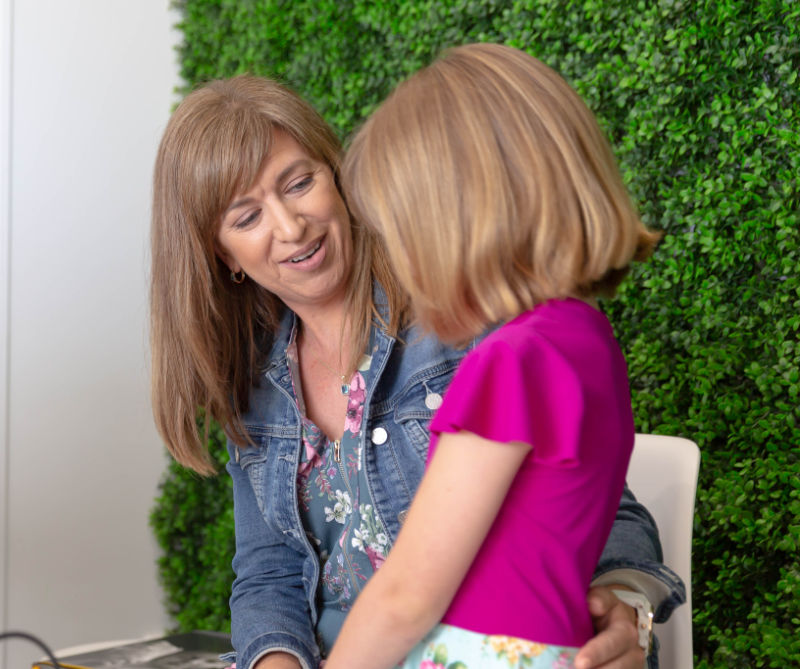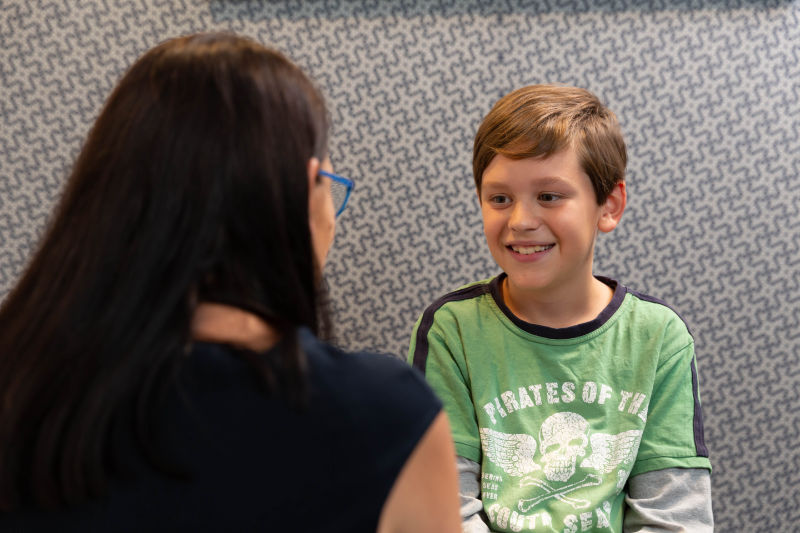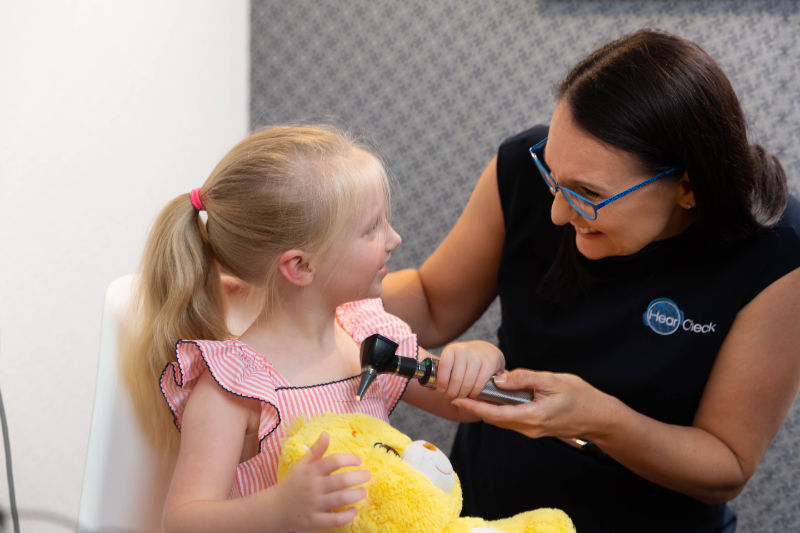Auditory Processing Disorder
Book an AssessmentOnce the assessment is complete, our paediatric trained Audiologist can provide specialised post diagnostic liaison with schools and teachers to determine the best ongoing care for your child
Auditory Processing Disorder, often called APD or CAPD (Central), refers to how the central nervous system uses auditory information. In simple terms, this means the nerves that are responsible for delivering sound from the ear to the brain are not functioning correctly.
Hear Check specialises in evidence based Auditory Processing Assessments (CAPD) for children aged 4 years old and above.
Symptoms and Diagnosis
APD cannot be diagnosed via a checklist of symptoms, and most of the key symptoms of APD can also be apparent in children who do not have APD. It is therefore critical that a careful and accurate diagnosis be made by an Audiologist to truly determine APD. No other health professional, other than an Audiologist, can diagnoses APD.
However, it can be easy to suspect that a child with APD has hearing impairment, as the symptoms often look similar. For example, difficulty understanding speech in noisy environments, trouble following directions, mistaking similar-sounding speech sounds, or asking for repetition are all symptoms of both hearing impairment and APD. APD should also be considered where children have difficulty with spelling, reading, and understanding information presented verbally in the classroom, but again, a professional diagnosis is necessary.
What’s an Auditory Processing Assessment?
As audiologists are the only professionals who can diagnose APD, at Hear Check, we pride ourselves on offering APD assessments based on latest evidence and research.
An APD assessment at HearCheck involves:
- An initial test or screen of hearing. Even if your child had a normal hearing test 6 months prior, we will still need to reassess your child’s hearing. This is because children’s hearing can fluctuate dramatically.
- A test of middle ear function
- A test of auditory memory
- A test of how well they can make sense of what they hear in noise (auditory closure)
- A test of how well they can hear pitches and patterns (temporal processing)
- A test of how well they can hear competing sounds (binaural separation)
- A test of how well they can track in noise (listening in spatialised noise)
- A discussion about the results, full report and email to teachers, if desired.
My child has been diagnosed with Auditory Processing Disorder
The diagnosis of APD can be confusing and worrying for parents. We have the experience to ensure that every parent understands the diagnosis and importantly, what to do next to help their child. Our Educational Audiologists work closely with parents and schools, and provide the appropriate knowledge, technology, and support to optimise learning experiences of any child diagnosed with APD.
Evidence in research literature shows that auditory processing skills in children with ASD are generally lower than their age-related peers. This means that for children with ASD, when information is presented verbally or via sound, they find it harder to make sense of it and so are less likely to direct and sustain their attention towards it. If this is not understood and managed, this can lead to academic underachievement for children with ASD, and possibly aggravate other signs of ASD such as inattention, hyperactivity, oppositional behaviour, anxiety, and abnormal tolerance for noisy environments.
Hear Check
Audiologists at Hear Check are highly experienced and recognised experts in Auditory Processing Assessment and in establishing the level of auditory processing skills in all children, including those with ASD, and ADHD.
We provide parents, health professionals and educational professionals with the information needed to understand the complexity of the child’s everyday listening challenges to support their development and learning.
Call us today to book a comprehensive hearing assessment with one of our Audiologists on 07 5493 9001 or click here to complete our online form.




